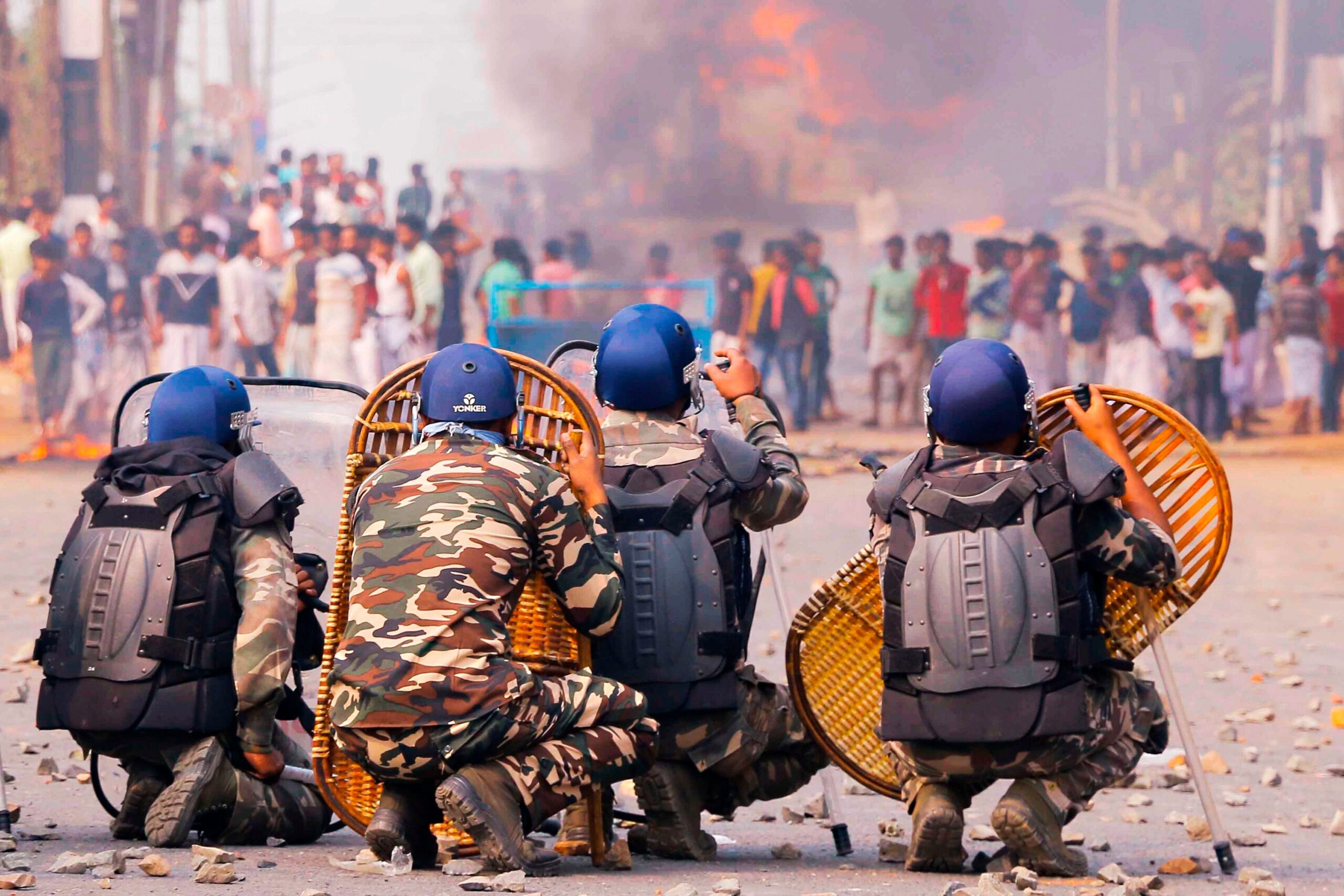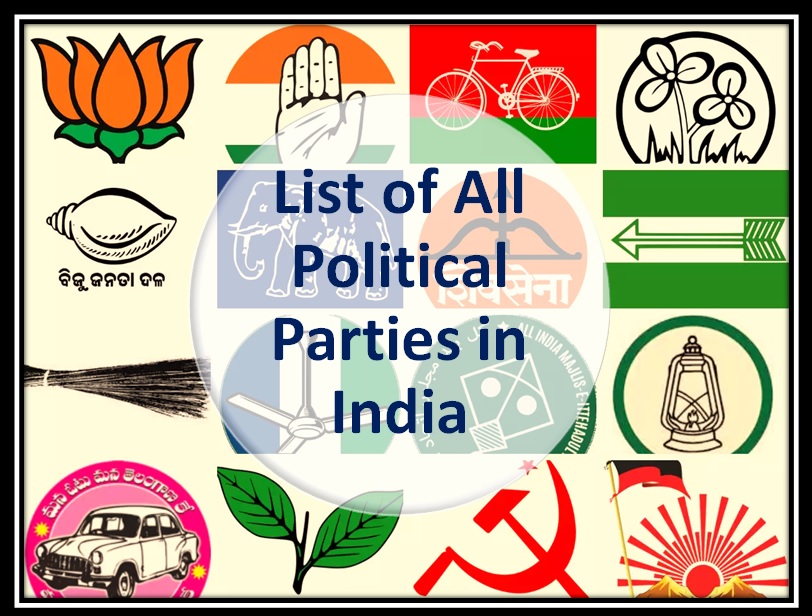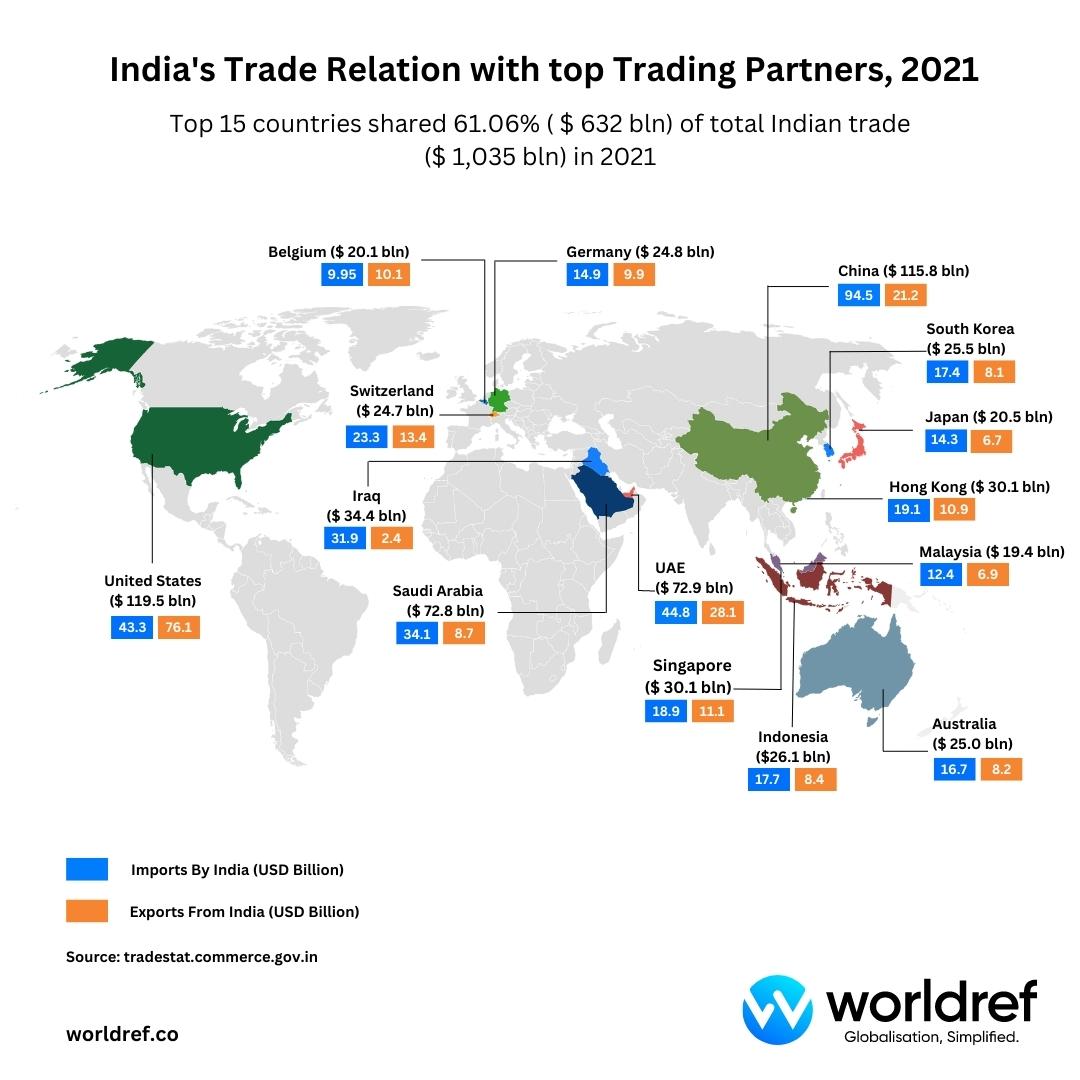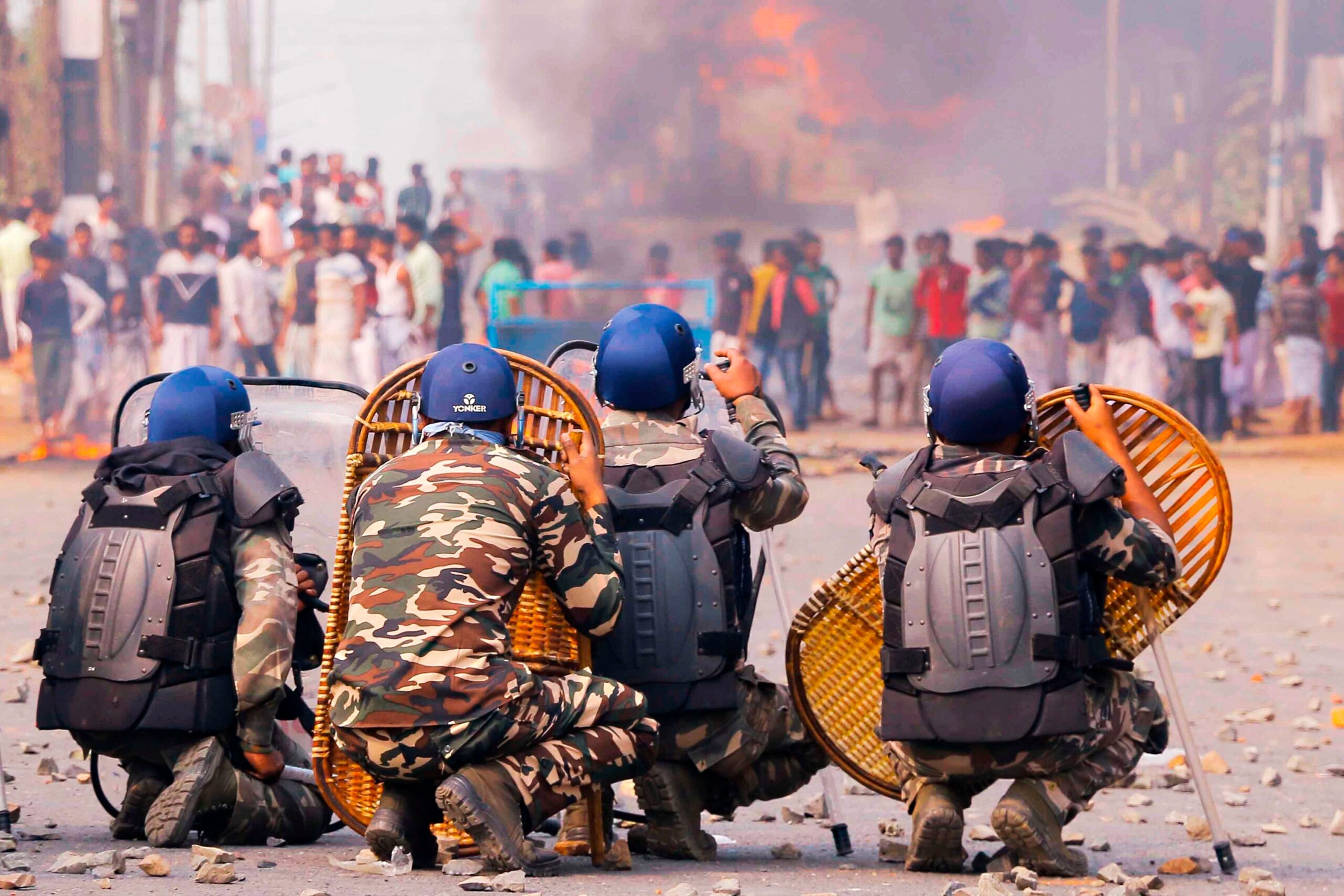
Murshidabad Violence: A Crisis Unfolds in West Bengal
West Bengal finds itself at the center of a political and communal storm as violent protests erupt in Murshidabad over the controversial Waqf (Amendment) Act. The unrest has left three dead, over 150 arrested, and hundreds displaced, sparking a heated debate about governance, law and order, and communal harmony in the state.
The Waqf Act Controversy
The Waqf (Amendment) Act, introduced by the central government, has been a lightning rod for controversy. While its proponents argue that the amendment aims to bring transparency and better management to Waqf properties, critics claim it undermines the autonomy of religious communities. The protests in Murshidabad, a Muslim-majority district, have brought these tensions to a boiling point.
Political Reactions and Accusations
The violence has ignited a political firestorm, with the ruling Trinamool Congress (TMC) and the opposition Bharatiya Janata Party (BJP) trading barbs. TMC leaders accuse the BJP of stoking communal tensions for political gain, while BJP leaders allege that the TMC’s “appeasement politics” has emboldened radical elements.
BJP MP Jyotirmay Singh Mahato has called for the imposition of the Armed Forces (Special Powers) Act (AFSPA) in Murshidabad and other bordering districts, citing a deteriorating law and order situation. Meanwhile, TMC leaders have urged for calm and criticized the central government for enacting the controversial law.
Ground Reality in Murshidabad
The situation on the ground remains tense. Prohibitory orders under Section 163 of the Bharatiya Nagarik Suraksha Sanhita (BNSS) have been imposed, and internet services have been suspended in the affected areas. Central forces have been deployed to assist local law enforcement in maintaining order.
Eyewitnesses report scenes of chaos, with homes and shops vandalized and vehicles set ablaze. Many residents have fled the violence-hit areas, seeking refuge in neighboring districts. The Calcutta High Court has intervened, ordering the deployment of additional central forces to restore peace.
Social Media and Public Sentiment
Social media platforms are abuzz with reactions to the Murshidabad violence. Hashtags like #MurshidabadViolence and #WaqfActProtests are trending, with users sharing their opinions, photos, and videos from the ground. While some call for unity and peace, others express outrage and demand accountability from the state and central governments.
Implications for West Bengal
The Murshidabad violence has far-reaching implications for West Bengal. It has exposed the fragile communal harmony in the state and raised questions about the effectiveness of its governance. As the state gears up for upcoming elections, the incident is likely to be a key issue in political campaigns.
For now, the focus remains on restoring peace and ensuring justice for the victims. However, the underlying issues that led to the violence will need to be addressed to prevent such incidents in the future.
Conclusion
The Murshidabad violence serves as a stark reminder of the challenges facing West Bengal. As the state grapples with the fallout, the need for dialogue, understanding, and effective governance has never been more critical.



